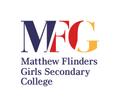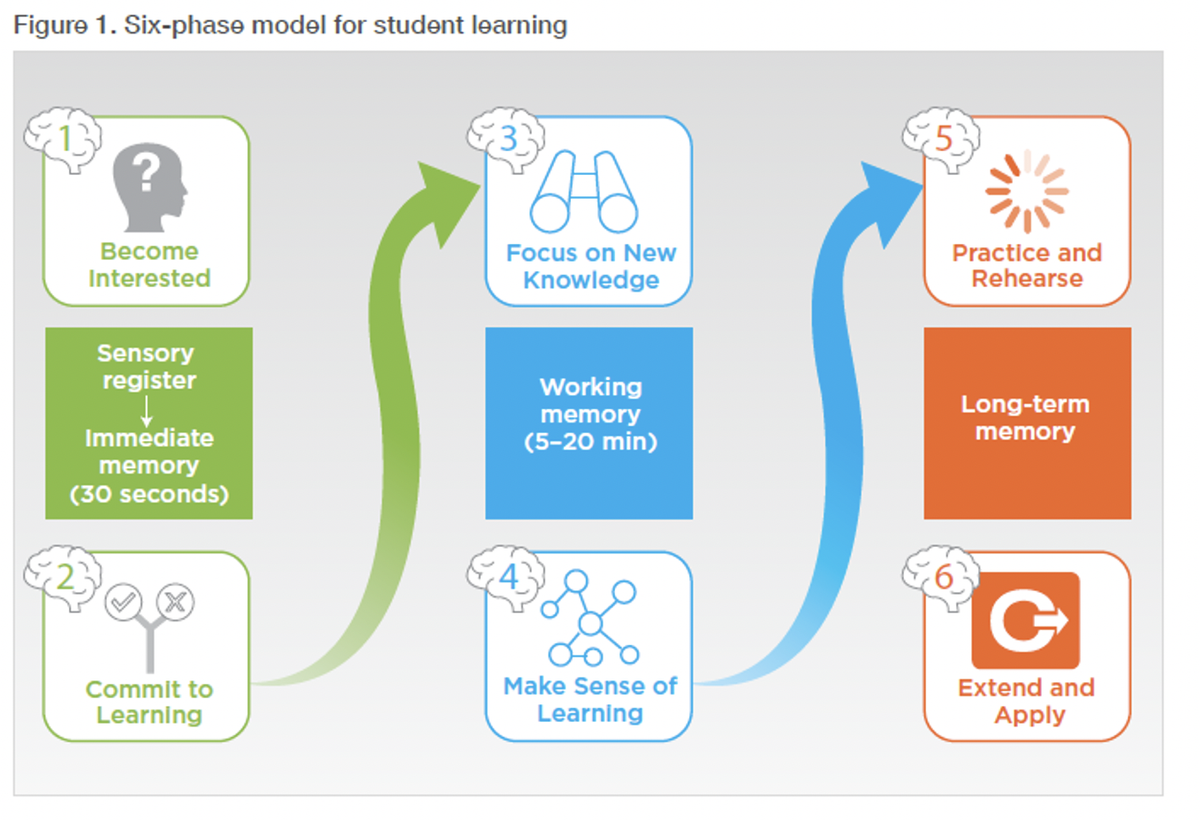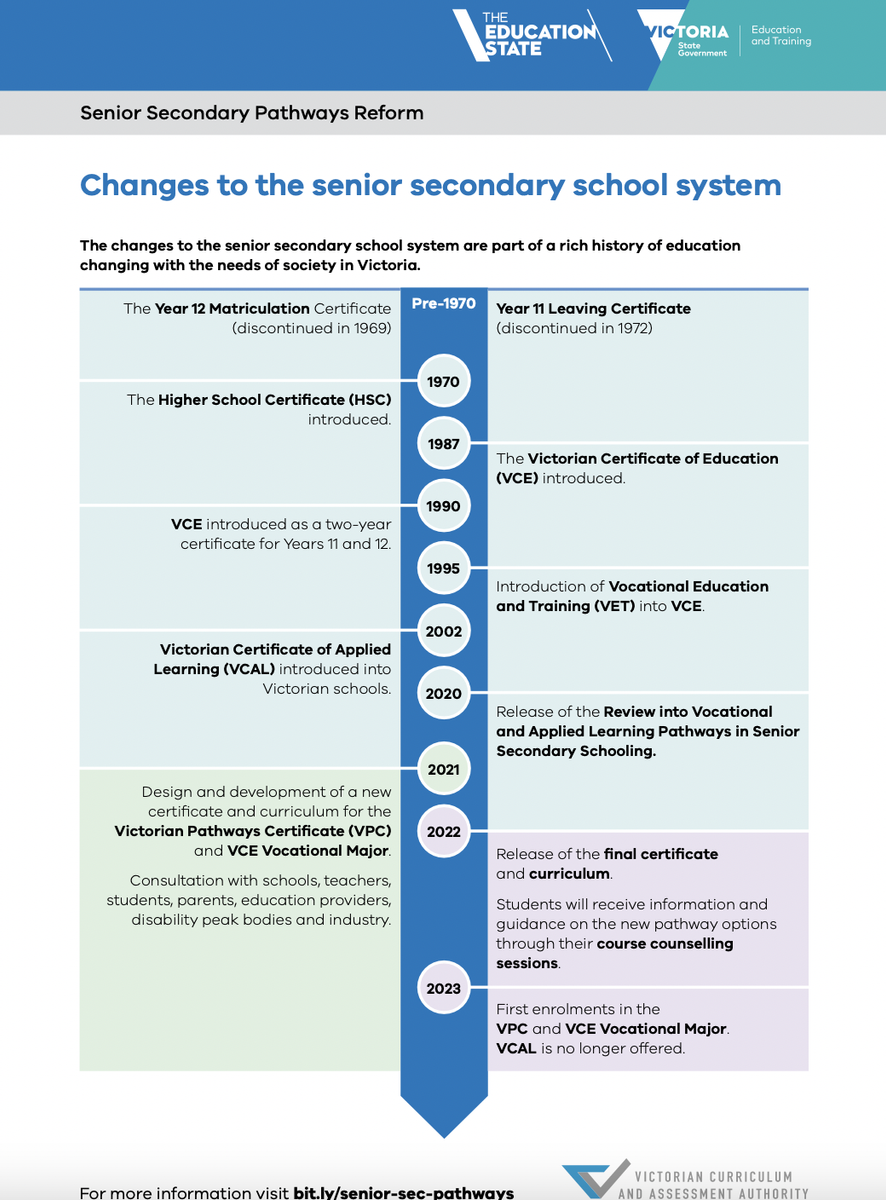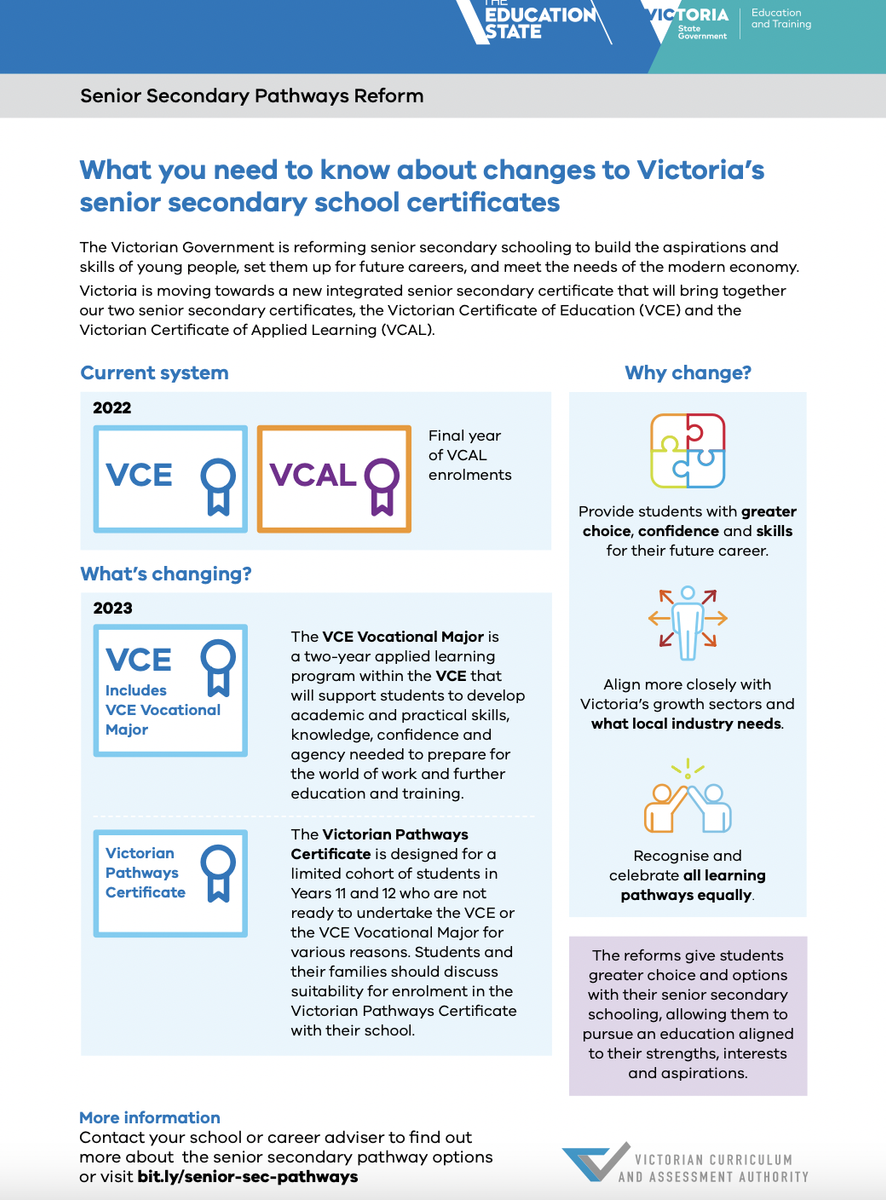Learning and Teaching at MFG
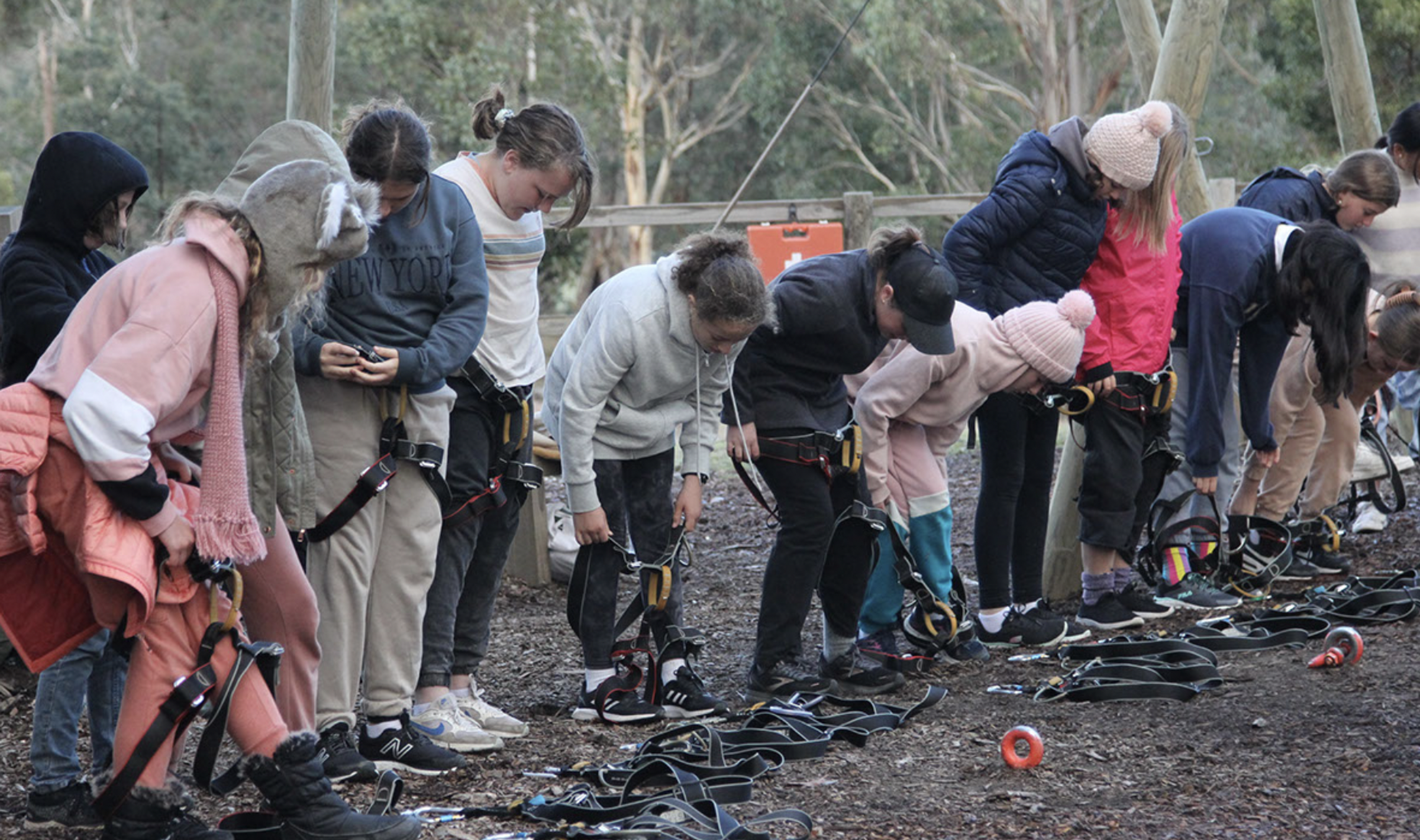
YEAR 10 AND 11 STUDY SKILLS – REVISION FOCUS
With some additional VCE Lecture Revision funding from the DET we are engaging Elevate Education to run a series of workshops focusing on study skills-revision techniques with our Year 10 and 11 students.
The first of these happened in the first week of May – the Year 10s had a focus on Memory and Mnemonicsand the Year 11s on note-making and concept-mapping. We’ll work with our teachers to follow up with the students on further developing these skills and strategies. Elevate Education provide Teacher Implementation kits and Student Activity kits that our students can use and trial further apply and refine these skills in preparation for their Semester 1 exams.
Memory
The memory trek is made of many steps, but there are three major phases to the journey:
• First, to learn anything, we must notice it with our sensory register, creating a super-short term memory of mere seconds. By design, our brains ignore most stimuli that cross our sensory register. Stimuli that make it through our filters enter our immediate memory, where we hold data for about 30 seconds.
• If we consciously focus on what’s in our immediate memory (for example, by
underlining or making marginal notes on a text you’re reading), we begin to move information into our working memory, where we can hold it anywhere from 5–20 minutes before it either decays or continues its journey.
• Whether information completes the final stage of the journey and finds a home in long-term memory depends on whether our brains decide to go on more than one date, so to speak, with the new information through further repetition, rehearsal, contextualization, or application.
STUDENT EXCELLENCE FUNDING
We have also received some additional funding to provide support for our High Ability Students. The term high-ability is used to indicate high potential and/or performance across the full suite of human abilities. High-ability refers to students whose ability is more advanced than that of similar-aged peers across one or more domains. These domains include:
- Intellectual ability: usually manifests in a broad range of academic-focused subjects, speed of learning and complex thinking patterns
- Physical ability: often presents in physical education or dance
- Creative ability: is likely to find expression in the arts
- Advanced social ability: will cut across a variety of subject areas. Often finds expression in leadership.
We have four levels of support at MFG for high-ability students and we spent a Staff Professional Learning session working with teachers to identify our high-ability students (beyond our SEALP students) who we can provide further support through different activities, programs and classroom based interventions.
1. SEALP classes (School level support)
2. Victorian High Ability Program (VHAP) (DET support)
3. Student Excellence Program & Funding (DET funding for school level support)
4. Teacher differentiation and extension (Classroom teacher level support)
NEW OPTIONS FOR YEAR 11 AND 12 STUDENTS
See the two attachments (School Certificate overview and transition)
Victoria is transforming the delivery of senior secondary education with the introduction of two programs that will offer greater access to quality vocational and applied learning pathways, while making sure student achievement is equally celebrated and recognised.
The VCE Vocational Major (VCE VM) is a two-year program within the VCE that will replace Intermediate and Senior VCAL. It will prepare students to move into apprenticeships, traineeships, further education and training, university (through non-ATAR pathways) or directly into the workforce.
The Victorian Pathways Certificate (VPC) is an inclusive Year 11 and 12 standards-based certificate that meets the needs of a smaller number of students who are not able or ready to complete the VCE (including the VCE VM). The VPC will help students move into a senior secondary qualification, entry level vocational education and training, or straight into a job. Students will be able to start their VPC at any time during the school year and the time to finish the program will be flexible.
The VCAA has reached a major milestone with the accreditation and release of the VCE VM study designs and support materials.
The new curriculum features improved breadth and quality, a simplified structure and reduced repetition. The studies allow students to apply knowledge and skills in practical contexts, including taking part in community-based activities and collaborative projects.
The VPC will soon be accredited, and the curriculum will be released upon accreditation.
Find out more on the Senior Secondary Certificate Reform.
Damien Toussaint
Deputy Principal MFGSC
